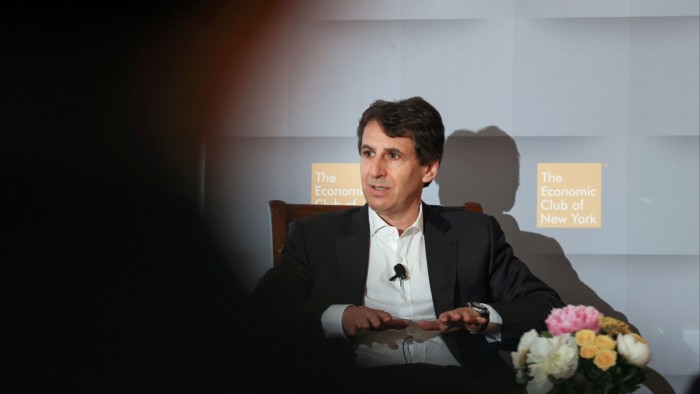Rising healthcare consumerization, self-care and cost-containment have opened new opportunities for private equity in pharma, along with large companies in the sector increasingly pursuing post-covid-19 M&A deals and an improved exit environment.
PE Hub broke down three trends driving PE-backed deals in the sector in 2024.
More specialty drugs
Aging populations with more chronic diseases are demanding personalized care, including specialty medications for oncology and rare diseases.
A December deal showing the trend involved Silver Investment Partners portfolio company GPW Group acquiring Orly Pharma, a Dutch-German pharmaceutical wholesaler of hard-to-find unlicensed medicines, which provides essential therapies in areas where approved treatments are unavailable.
High pricing, fast-track approvals and market exclusivity against generic drugs have also attracted investors. Intermediate Capital Group and Andera Partners made $1.05 billion in March from the sale of Amolyt Pharma, a provider of therapeutic peptides for rare endocrine diseases, to AstraZeneca, with ICG reporting an attractive IRR and money multiple.
Toby Sykes, managing director of ICG, told PE Hub that large pharma companies are pursuing M&A to replenish their pipelines as many high-profile drugs go off-patent.
“That’s why we’re seeking to provide scale-up capital to de-risked clinical stage opportunities, which we feel is exactly where the large pharmaceutical and biotech companies want to acquire right now,” he said. “We’ve seen several high-profile transactions in life sciences, resulting in big exits for investors in the private and public markets.”
It was one of seven deals that PE Hub covered in a listicle on PE investments in pharma companies focused on rare diseases.
Expanded access to pharma services
Home delivery of over-the-counter (OTC) and prescription medications have also become a strong investment point. A recent example is Cardinal Health, which announced its acquisition of Advanced Diabetes Supply Group, an in-home distributor of diabetic medications, from Court Square Capital Partners in November for approximately $1.1 billion.
E-commerce is another investment driver, said Tim Wheeler, principal at BPOC, which oversaw “impressive growth” in Health-E Commerce, which provides flex spending and savings accounts for paying for OTC items, before selling it to HIG Capital in June.
“If you think about all the telehealth models that arose out of covid and the familiarity patients gained from using them, it’s really changed the appetite for the average consumer to pursue healthcare solutions online, whether that’s a product or service,” he told PE Hub in an online pharma listicle that included the sale.
Outsourcing pharma manufacturing
Costly global supply chain disruptions and geopolitical and trade uncertainty have increased pharma outsourcing and in turn, PE investments, particularly in line with onshoring trends.
“Within pharmaceutical services and manufacturing, we see a growing willingness to invest domestically as companies seek to mitigate risks associated with relying on overseas suppliers for raw material sourcing and finished drug product production,” Matthew Altman, managing partner of Arlington Capital Partners, told PE Hub.
“The US government’s focus on securing the pharmaceutical supply chain also continues to create new opportunities to partner with government customers on strategic initiatives that involve domestic expansion,” he said.
Arlington announced in November its acquisition of Team Technologies, an outsourcing company that makes original equipment for pharma manufacturers.
Companies like clinical research organizations and contract development organizations also are outsourcing operations to offset labor shortage effects, reduce overhead, minimize operational capacity and complexity, and focus on core markets.
One example of a private equity play in this area is Partners Group, which acquired FairJourney Biologics, an antibody discovery contract research organization, in July from GHO Capital for €900 million.
“There’s a logical waterfall of pharma companies doing more outsourcing because it helps to accelerate their discovery process, and there are many high-quality platforms and partners emerging at scale,” Pascal Noth, head of private equity health and life Europe at Partners, told PE Hub.




